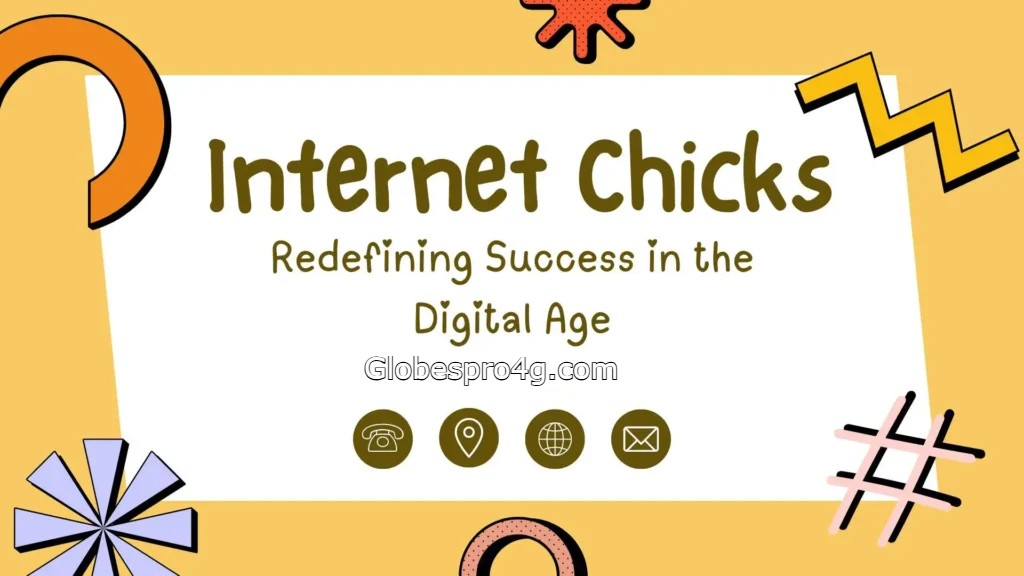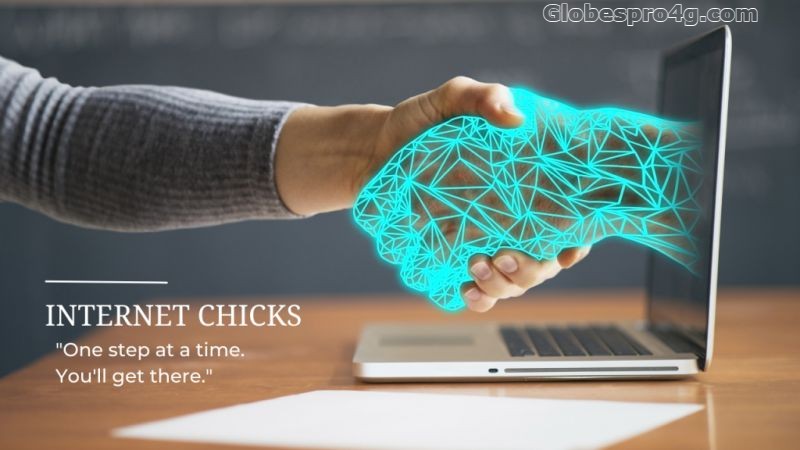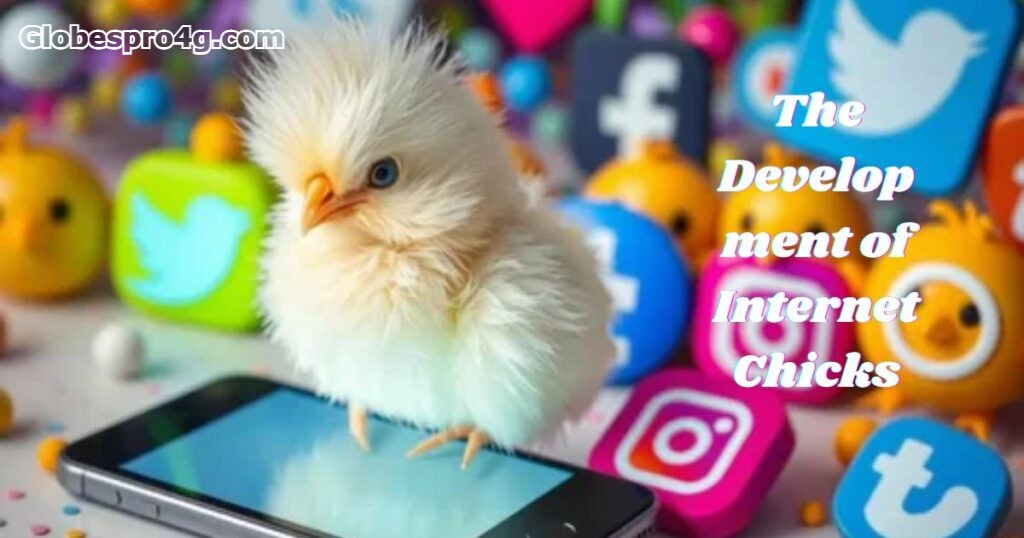Introduction
You might have seen a phrase tossed around on someone’s social media bio, an online forum or heard it in passing. “Internet chicks.” It’s a phrase that seems to contain some sort of weight, but what is it exactly? Is it a compliment? A label? Or something else entirely? It’s a combination of all the above and then some, actually, and it speaks volumes about how we navigate our identities in a digital age.
This article will explore the crazy world of “internet chicks.” We’ll help demystify the various identities that term might convey, raise a glass to the creativity and connection it fosters — and clarify why a choice Taiyaki is in our digital vocabulary.
Breaking Down the Name: More Than a Name

“Internet chicks” sounds condescending — but only depending on how it’s used and meant. It’s not a monolithic group. In fact, it’s more of a broad canopy that extends across different women who have made a name for themselves online. They are writers and community builders and entrepreneurs and friends we’ve never met in person.
You should consider the several different interpretations available to this word. It wasn’t one thing; it was all of internet being.
The Content Creators and Influencers
The content creators are likely to be the “internet chicks” who get the most attention. They are the YouTubers, TikTok stars, Instagram models and bloggers who have turned their passions into a career. Between them, they dish up everything from make-up tutorials and fashion hauls to more in-depth video essays discussing pop culture and mental health.
Instead they amassed in communities organized around shared interests and passions, spaces where they felt seen and understood. an internet chick: a gaming streamer with no tolerance for toxic communities. A food blogger whose recipes reunite families around the dinner table is one too. They are the modern bards, using digital tools to share their treasures of stories, songs and traditions with people near and far.
The Community Builders and Connectors
There are also the million-follower creators, and the women who hold up online communities. These are the “internet chicks” who run niche Facebook groups, moderate Discord servers or organize fandom meet-ups. They may not have tens of millions of followers, but their influence is no less profound.
These are the women who have constructed and maintained safe(ish) spaces where people can connect over mutual hobbies, be it vintage sewing patterns or obscure indie bands. They are the organizers, the cheerleaders and the friends who remember your birthday even though you’ve only known each other as avatars and user names. They transform the internet from a latticework of cold data into a warm web of human relationships.
The Digital Entrepreneurs
The internet has opened up a whole new world of opportunities for entrepreneurs, and many “internet chicks” are spearheading the way. Consider women who run successful Etsy shops, started their own digital marketing agency or are selling online courses. They turned to the internet to build businesses their own way.
In those instances, their tales are typically narratives of determination and innovation. They could start hawking handmade jewelry on Instagram, organically creating a brand from their living room. Or perhaps they leverage their business side to become freelance consultants, serving clients globally. These entrepreneurs are proof that imagination and a Wi-Fi link can go a long way. They aren’t just coming into the economy; they are remaking it.
The Shared Language of the Internet

So what’s the one thing that binds all these different “internet chicks” together? It’s a lingua franca of the internet, and that has ultimately spread to larger society. They’ve learned to speak meme fluently, are fluent in the stop-and-start patter of viral crazes and can parse the sociology of every online platform. It is this media savvy that allows them to navigate digital spaces assuredly and with authority.
This brotherhood of culture leads to a friendship without compare. If you were raised here or have made your life here, it is an understanding that many of us just take as a given. It’s the comradeship when you bond with a stranger over some hyper-specific pop culture reference or find your pack in a subreddit for an esoteric hobby.
The couple share more than just the screen. Internet and pen pals are running into each other offline. Collaborations can come out of a simple DM. So the term ‘internet chicks’ could, in code, be used to describe this power to draw the virtual world into light and those relationships that feed value has built around our imaginary aspirations.
Reclaiming and Redefining

As is the case with any label, “”internet or not”” a chick can be either good or bad for you. But many women are reclaiming that term and making it their own. They’re wearing it like a badge of honor, a symbol of their digital savvy, creativity and resilience.
By taking the word, they turn it into something positive and empowering. It reads, “Yes, I am a woman who conquers the web. I’m a creator, a content producer and do it all — I build businesses. I’m an online chick so what.
This reclamation is powerful stuff. It is also part of its effort to debunk stereotypes about women and technology, and celebrate the many ways in which women are shaping life online. It acknowledges that being an “internet chick” is far more than being terminally online, but building a world that’s more interconnected and creative.
A Celebration of Modern Identity
In the end, “internet chicks” is a reflection of who we are today. Our identity is no longer a matter of only where we are or what our offline job is. Our online selves, our loves and tribes, are of a piece with us.
So the next time you hear it, refuse to take such an easy label. Read about the people who are creators, entrepreneurs, community builders and friends. But meet the women who are fighting for their right to traverse the internet as they please, deploy comfort and shed light where they can in their little corner of the digital world. They are the “internet chicks,” and they — or perhaps it’s more accurate to say we — now represent a significant slice of pop culture.





Leave a Reply